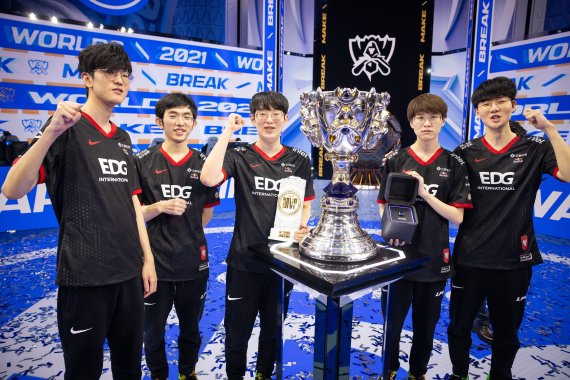
The World Championships in the fantasy game League of Legends (also known as "LoL Worlds" for short) recently took place in Reykjavik, Iceland. The first place went to the team "Edward Gaming" (EDG) from China ahead of the South Korean team "DWG KIA". Third and fourth place also went to teams from South Korea. Due to strict Corona restrictions, the World Championship took place without spectators this year. Only the participating teams and the production specialists from all over the world were allowed in the arena. Among them was Hans D. Gurk, founder and CEO of Fellowkids, an agency specializing in eSports marketing. Together with his team, he supported the global social media coverage of the event: "Despite the physical distance this year: the palpable enthusiasm of the fans around the globe, the love for their stars, the hype around the big plays, the engagement on social media between the individual fanbases - all this fascinates you every year anew, and you feel proud every day to be part of the world's biggest eSports event."
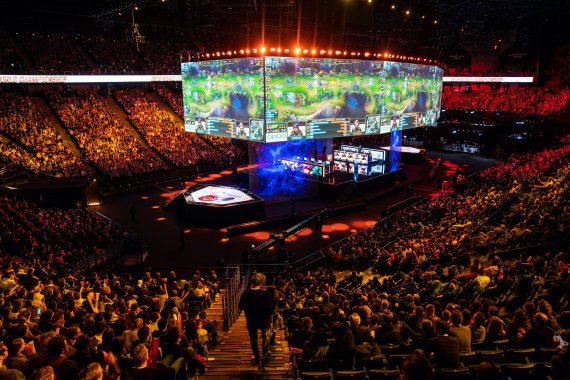
The three participating teams from Europe were eliminated from the world championships at an early stage. eliminated. Prof. Dr. Andreas Bergmann sees the following reasons for this: eSports have already been mainstream in many Asian countries for years. It is recognized and promoted as a sport. In China, eSports is even partly a school subject. "In these countries, the successful players therefore also enjoy a similar reputation as the superstars of football Messi and Ronaldo in Europe," he says. In Germany, on the other hand, eSports is neither recognized as a sport by the German Olympic Sports Confederation (DOSB) nor classified as a non-profit by the state, according to him. So there are no subsidies or other public support funds flowing in.
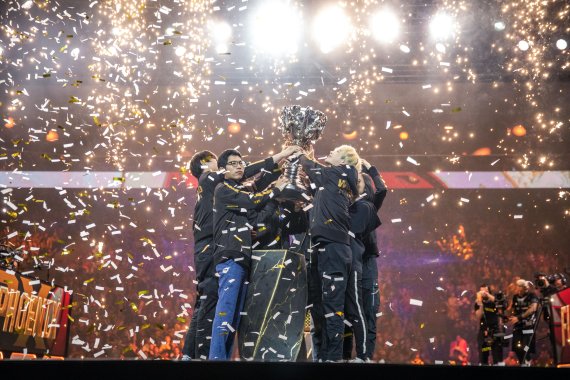
All three parties in the new federal government are promoting the introduction of non-profit status for eSports in their election and future programmes. Many interest groups are hoping for this. Three to four million people have already participated in video game competitions in Germany. The gaming sector is booming, and scores with a rapidly increasing annual turnover (currently over 100 million euros).
Year after year, eSports events reach new records in media attention via streaming channels such as Youtube and Twitch, as well as their Chinese counterparts. According to organizer Riot Games, the 2020 World Cup broke several records with a total of more than one billion viewer hours: the tournament had an average of 23.04 million viewers per minute worldwide. The final was the "most-watched League of Legends event in history" to date, reaching 45.95 million viewers at peak times. This is about half the viewers of the Super Bowl in the US. But this year, those numbers were topped once again, with nearly 74 million viewers worldwide watching the 2021 World Cup matches at its peak, an immense increase of more than 60 percent over last year:
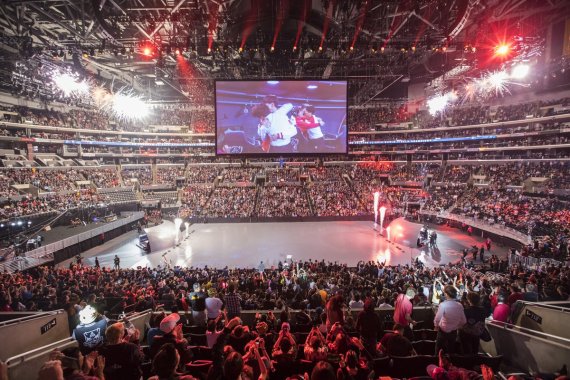
These incredible reaches are also of great interest to advertisers and sponsors: "Many companies are discovering the eSports scene as an attractive environment," says Prof. Dr. Bergmann. "While in the pioneering days only endemic companies such as hardware manufacturers appeared as sponsors, partners from a wide range of industries are now invested in eSports." The League of Legends World Cup sponsor list includes Mercedes-Benz, Red Bull, Master-Card, Axe, Bose, Cisco and Spotify, among others, who are present through various activations during the broadcast. Banners with the partner logos are integrated on the digital pitch - analogous to classic perimeter advertising in football.
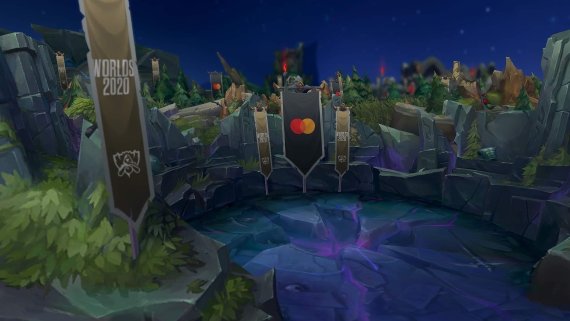
The fact that many non-endemic companies now have a strong presence in eSports is not surprising, as industry experts have been confirming for some time. "eSports offers companies access to target groups that are otherwise difficult or impossible to reach through traditional channels. Additionally, the playing field in traditional sports sponsorships is now quite clearly defined - while exciting new ways are emerging in gaming ecosystems to redefine sports and entertainment of the future. From organic social media content with added value for the fan, to placements in the digital pitch, to co-branded characters in-game - the creative possibilities for partners are far from exhausted in eSports," Gurk explains. His conclusion: "This ever-expanding playing field, a young and digital target group, high measurability of measures as well as high-reach stars and creative possibilities for sponsor integration are a promising field for sponsors for organic growth in an exciting sponsorship environment."
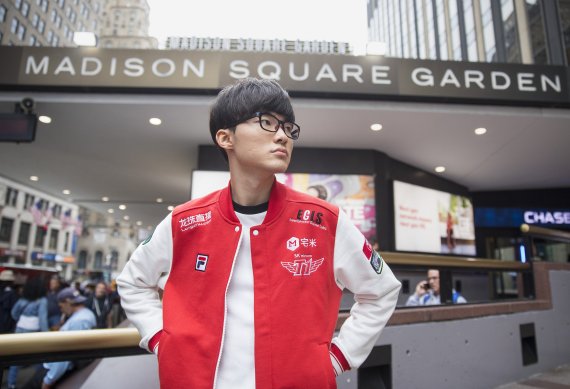
According to Prof. Dr. Bergmann, officials and representatives of traditional sports should deal with the topic of eSports - regardless of whether they define eSports as a sport or not. In his opinion, they should try to better understand this industry, especially "in order to learn from it". Because whether they like it or not, "they are in direct competition with eSports." The expert predicts that the importance will continue to grow rapidly. And according to Prof. Dr. Bergmann, the advantages are also inspiring more and more non-endemic companies: good measurability of sponsoring activities, increasing viewer numbers and a young, attractive target group. "Therefore, if traditional sports do not react promptly, they will continue to lose market share, sponsorship money and viewers to eSports in the future, because eSports is already well on its way to arriving in the middle of society and the sports industry."
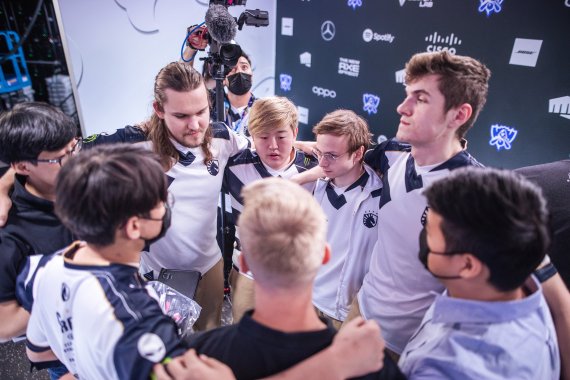
What makes eSports so exciting for sponsors
- An ever-growing ecosystem with spinoffs into other entertainment segments (including Spotify tracks, Netflix shows, Twitch influencers) and the prospects of the metaverse
- Young, digital-savvy target audience with high adoption rate for digital payments
- Variety of creative sponsorship integrations possible, up to and including branded content in the games themselves
- Emergence of new stars with large global reach among young generations
- Success control: good measurability of activities due to digital tracking possibilities
- Rapid integration and acceptance of new technologies in the industry (e.g. blockchain, NFTs (non-fungible tokens), etc.)., virtual reality)
This article was written in cooperation with Prof. Dr. Andreas Bergmann, Professor for Sports Management at the Euro-FH and COO in a sports management agency in Kitzbühel, and Hans D. Gurk, founder and CEO of Fellowkids, a Berlin-based agency specializing in eSports marketing.

 Sports BusinessSki Mountaineering Goes Olympic: What Milano-Cortina 2026 Means
Sports BusinessSki Mountaineering Goes Olympic: What Milano-Cortina 2026 Means
- ISPO awards
- Mountain sports
- Bike
- Design
- Retail
- Fitness
- Health
- ISPO Job Market
- ISPO Munich
- ISPO Shanghai
- Running
- Brands
- Sustainability
- Olympia
- OutDoor
- Promotion
- Sports Business
- ISPO Textrends
- Triathlon
- Water sports
- Winter sports
- eSports
- SportsTech
- OutDoor by ISPO
- Heroes
- Transformation
- Sport Fashion
- Urban Culture
- Challenges of a CEO
- Trade fairs
- Sports
- Find the Balance
- Product reviews
- Newsletter Exclusive Area
- Magazine



